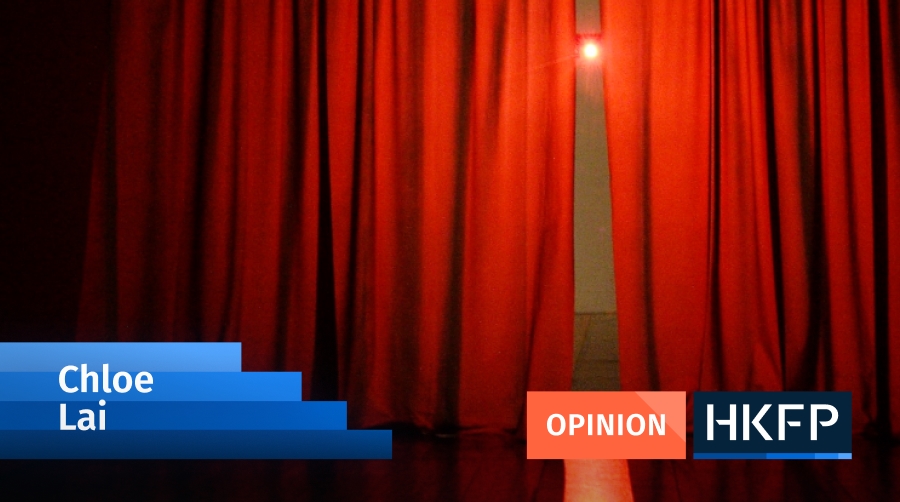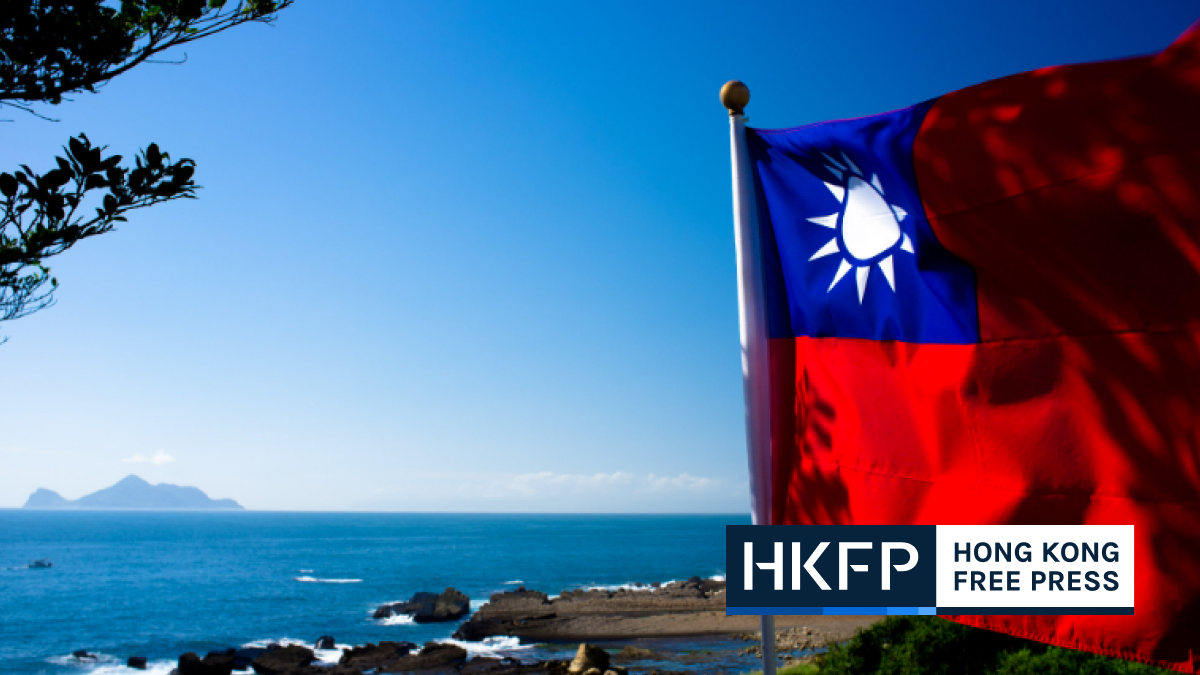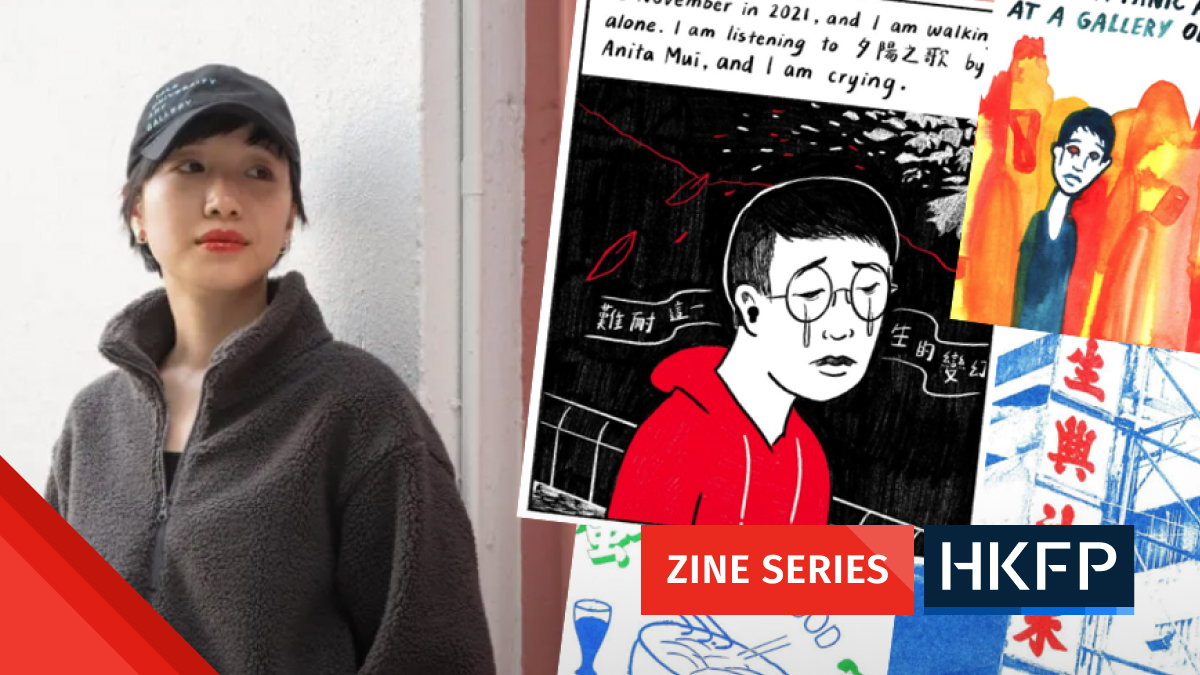A Hong Kong busker known for performing an English rendition of protest song Glory to Hong Kong has been banned from entering Macau for a year. He was detained by police for several hours and deported after busking without a permit.
In a post on his Facebook page, 24-year-old Oliver Ma said he was questioned by Macau’s Public Security Police Force after playing one full song in the territory on September 3.

Ma was acquitted in June of organising a prohibited group gathering after a judge cast doubt on the reliability of a police officer’s testimony. He was arrested in May 2021 while playing the guitar and singing in Central.
Ma has been arrested while busking on other occasions, including once when he was charged under the Noise Control Ordinance. The magistrate found him not guilty and that the cleaner who filed the complaint had exaggerated the testimony.
Detained for busking
Ma said in the post on Sunday that he had been approached by Macau police at about 12 pm and ordered to stop busking when he was in the territory with his family on September 3.
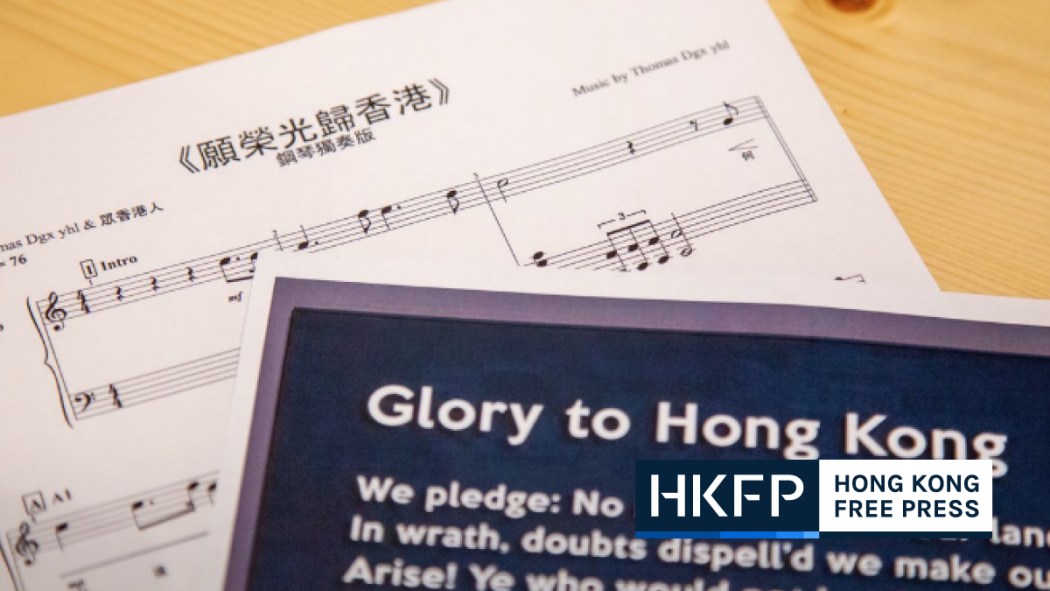
He was then taken to a nearby police station where he said be was told to sign forms. He told HKFP by phone that he had played Beautiful In White by Shane Filan and two lines from Ed Sheeran’s Perfect before he was taken away.
“Next, I had to answer all sorts of questions and sign all sorts of forms and have all sorts of mug shots taken and all types of handprints and fingerprints scanned, before I was handed a fine of MOP$600,” he wrote on Facebook.
He said he was was also instructed to hand over his unlocked phone.
Unsure if he was under arrest
Ma told HKFP it was never made clear whether he was under arrest, or if he was just being questioned. When he asked officers why he had been taken to the station, he said they told him he “already knew” why.
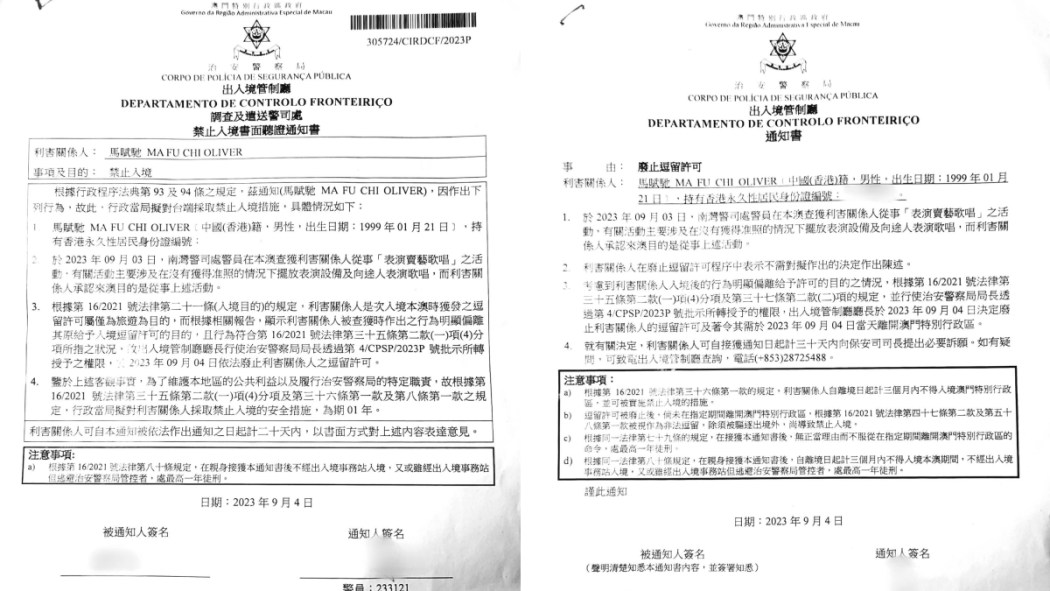
According to a form that was attached to Ma’s post stating the reason for his deportation from Macau, he was detained for conducting a street performance without a permit. But he told HKFP that the officers asked few questions about whether he had a permit: “It only took up one percent of the interview.”
He said he was repeatedly questioned on which songs he had played and was planning to play.
It was not until around 8pm that officers asked him directly whether he had sung the protest anthem in Hong Kong, and whether he planned to sing it in Macau, Ma said.
‘Scared for my life’
When he asked if he could contact his lawyer, Ma said one officer asked whether his lawyer was in Macau. “When I said no, the cop slammed on the desk and said ‘this is Macau’ and stared me down aggressively,” he wrote in the Facebook post.
“At that point, I was genuinely scared for my life. I thought to myself: if I did not cooperate and answer any further questions, would I get beaten up because ‘this is Macau?’ Or worse, would there be a possibility that I would be arrested or extradited to China, because ‘this is Macau?’,” he wrote.
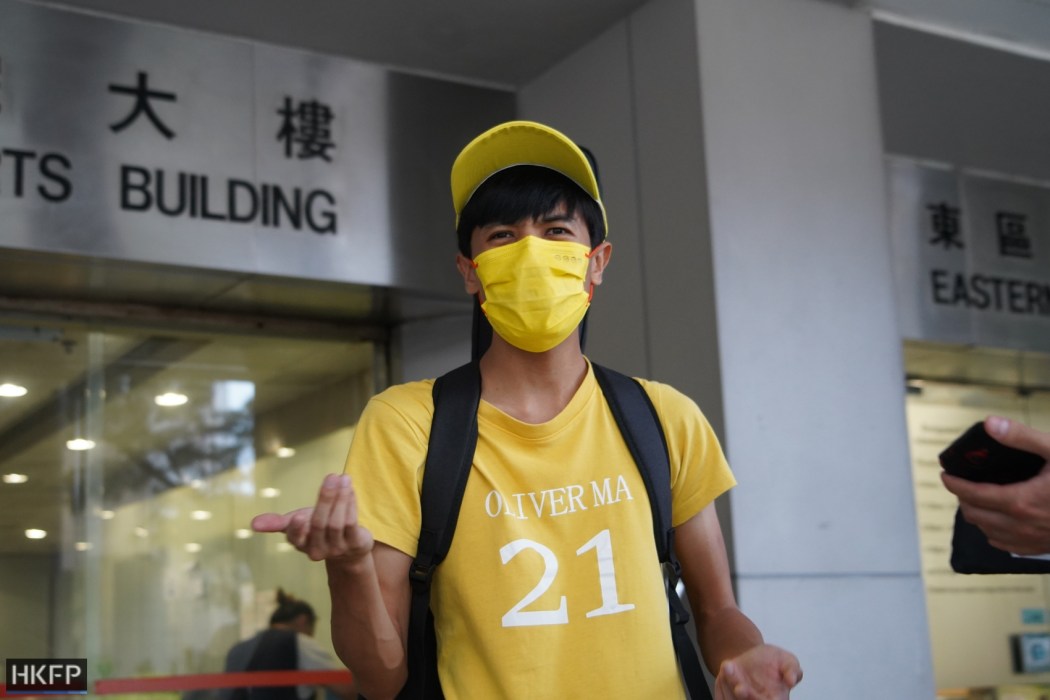
It was not until 3 am that he was allowed to leave.
“For merely singing 1-2 songs in the streets of Macau, I was arrested without warning and detained by the Public Security Police Force for over 13 hours before I was kicked out for good. I felt as if I was treated like less of a tourist, let alone a human, and more like some terrorist,” he wrote.
HKFP has reached out to Macau’s Public Security Police Force for comment.
The Hong Kong government has sought to ban Glory to Hong Kong, an anthem that arose from the 2019 unrest, from being performed or broadcast with unlawful intent. In a surprise ruling in late July, the High Court rejected the injunction application, saying it would have “chilling effects” on free expression.
The government has been given permission to appeal that decision.
Protests erupted in June 2019 over a since-axed extradition bill. They escalated into sometimes violent displays of dissent against police behaviour, amid calls for democracy and anger over Beijing’s encroachment. Demonstrators demanded an independent probe into police conduct, amnesty for those arrested and a halt to the characterisation of protests as “riots.”
Support HKFP | Policies & Ethics | Error/typo? | Contact Us | Newsletter | Transparency & Annual Report | Apps
Help safeguard press freedom & keep HKFP free for all readers by supporting our team

LATEST FROM HKFP
HKFP has an impartial stance, transparent funding, and balanced coverage guided by an Ethics Code and Corrections Policy.
Support press freedom & help us surpass 1,000 monthly Patrons: 100% independent, governed by an ethics code & not-for-profit.




